“I sat there listening to “We Shall Overcome,” looking out of the window at the passing Mississippi landscape.”
― Anne Moody, Coming of Age in Mississippi: The Classic Autobiography of a Young Black Girl in the Rural South
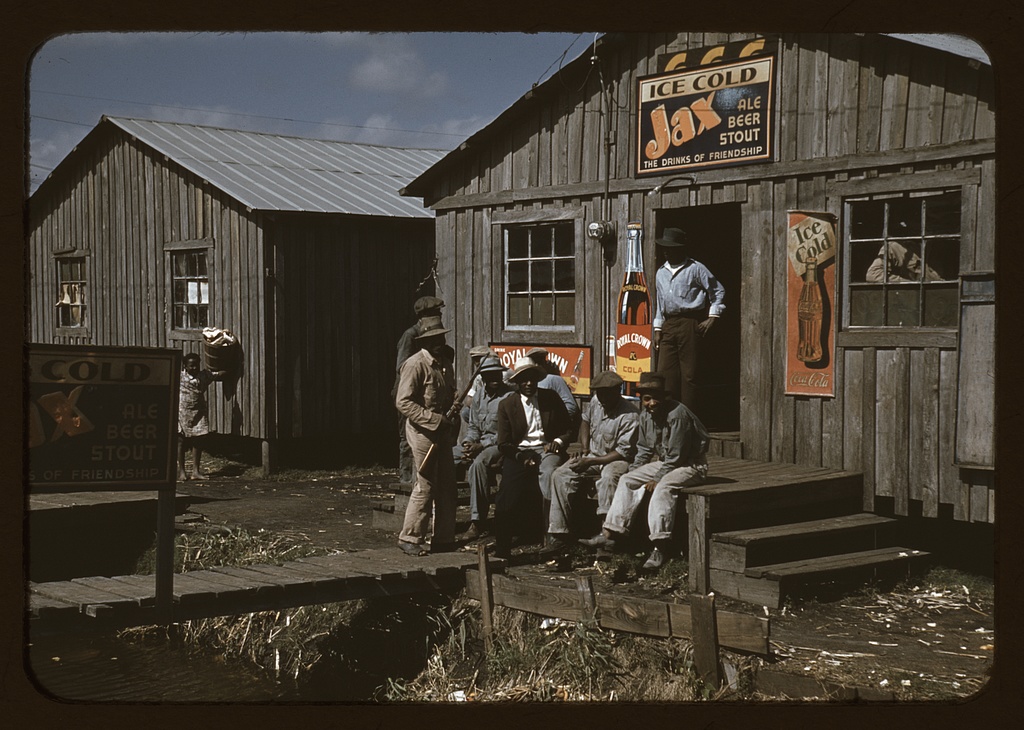
Marion Post (June 7, 1910 – November 24, 1990), later Marion Post Wolcott, worked for the Farm Security Administration during the Great Depression. A native of New Jersey, Wolcott trained at New York’s New School, a private and progressive school founded on the ideals of academic freedom and intellectual inquiry, where scholars could “seek an unbiased understanding of the existing order, its genesis, growth and present working”. Wolcott trained as a teacher and left the world of well-heeled liberal elites for a teaching job in rural Massachusetts. There she was confronted with the reality of the Depression and brutality of grinding poverty. When the school closed she went to Europe to study with her sister Helen. She met Trude Fleischmann, a Viennese photographer. Wolcott showed Fleischmann some of her photographs and was told to stick to photography.
While in Vienna, Wolcott witnessed Nazi attacks on the Jewish population. Sickened and angered by what they’d seen, the sisters returned to America for their safety. Working once more as a teacher, Wolcott continued to take photographs. At the New York Photo League, the organisation founded in 1936 by Sid Grossman and Sol Libsohn to document social conditions, she met the hymned Ralph Steiner and Paul Strand. They recognised the quality of her work. Steiner showed Wolcott’s pictures to Roy Stryker, head of the Farm Security Administration. Stryker hired her immediately.
In October 1939, Wolcott found herself on the Mississippi Delta. She recorded what she saw. And today we can get a taste of what life was like on those people living and working on the cotton plantations. Mississippi is a State with racism built into its bones. Wolcott understood what she saw. But she didn’t slip into the narrative of victims and their oppressors. Her photojournalism is not infected by the journalism of attachment. She points and clicks, an observer in a strange land.
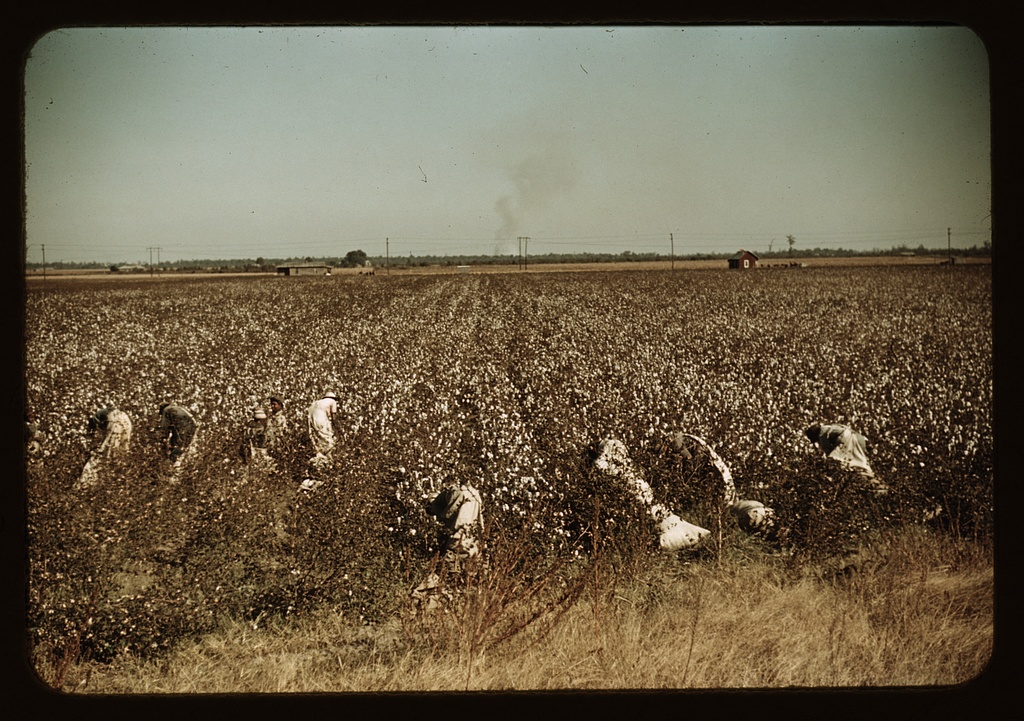
Day laborers picking cotton, near Clarksdale, Mississippi – November 1939
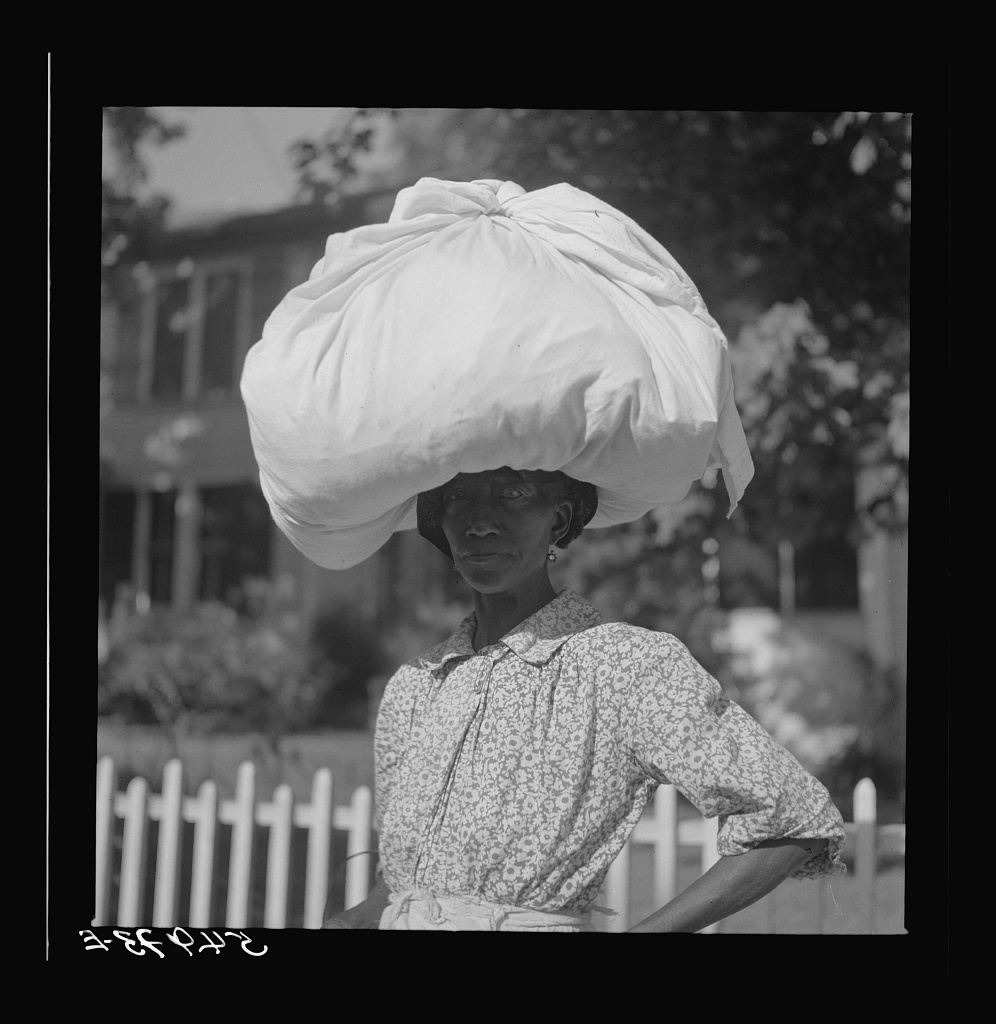
Natchez, Mississippi, 1940, Aug.
The bottomlands of the Mississippi Delta were still 90% undeveloped after the Civil War. Thousands of migrants, both black and white, entered the area for a chance at land ownership. They sold timber while clearing land to raise money for purchases.
During Reconstruction, many freedmen became owners of farms in these areas and by 1900 composed two-thirds of the property owners in the Delta. After white Democrats regained control of the state legislature in the late 19th century, in 1890 they passed a disfranchising constitution, resulting in the exclusion of African Americans from political life until the late 1960s.
Most lost their lands due to disenfranchisement, segregation, financial crises, and an extended decline in cotton prices. By 1920 most were landless sharecroppers and tenant farmers. But in the 1940s, some blacks acquired land under low-interest loans in the New Deal; in 1960 Holmes County still had 800 black farmers, the most of any county in the state.
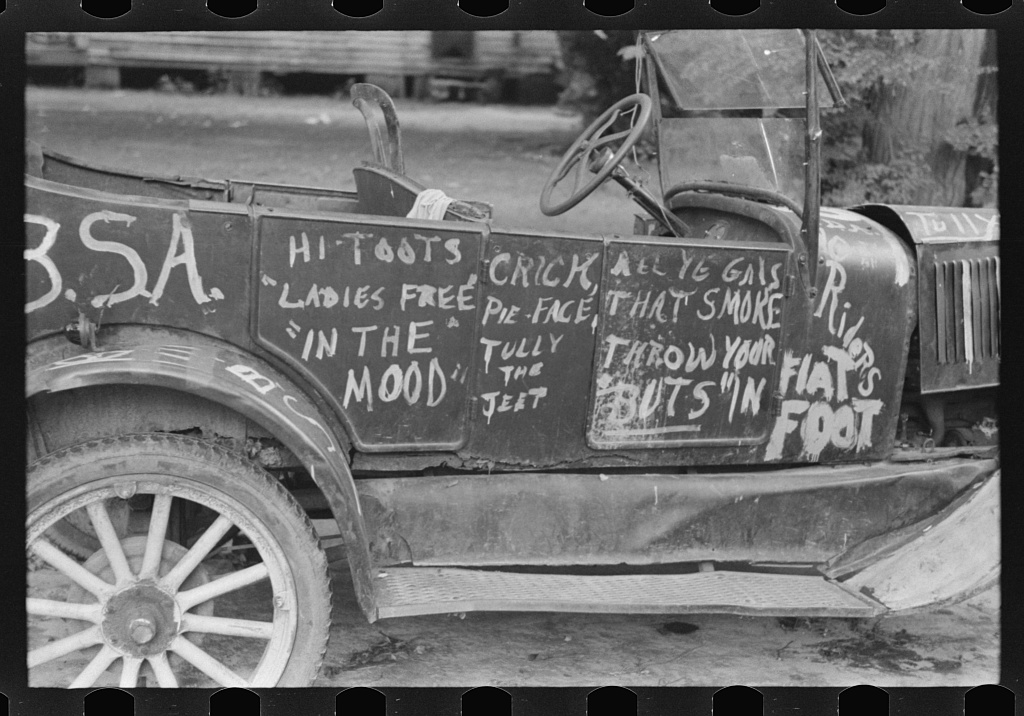
Rodney, Mississippi – 1940, Aug
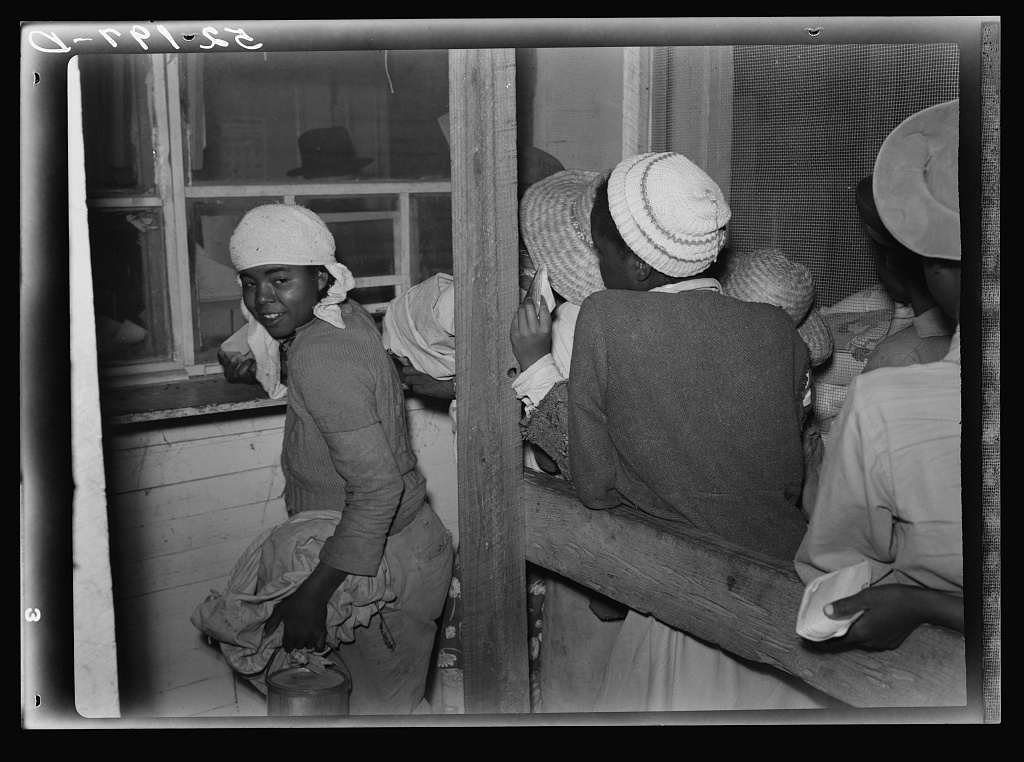
Day laborers brought in truck from nearby towns, waiting to be paid off for cotton picking and buy supplies inside plantation store on Friday night. Marcella Plantation. Mississippi Delta. Mississippi – 1939 Nov.
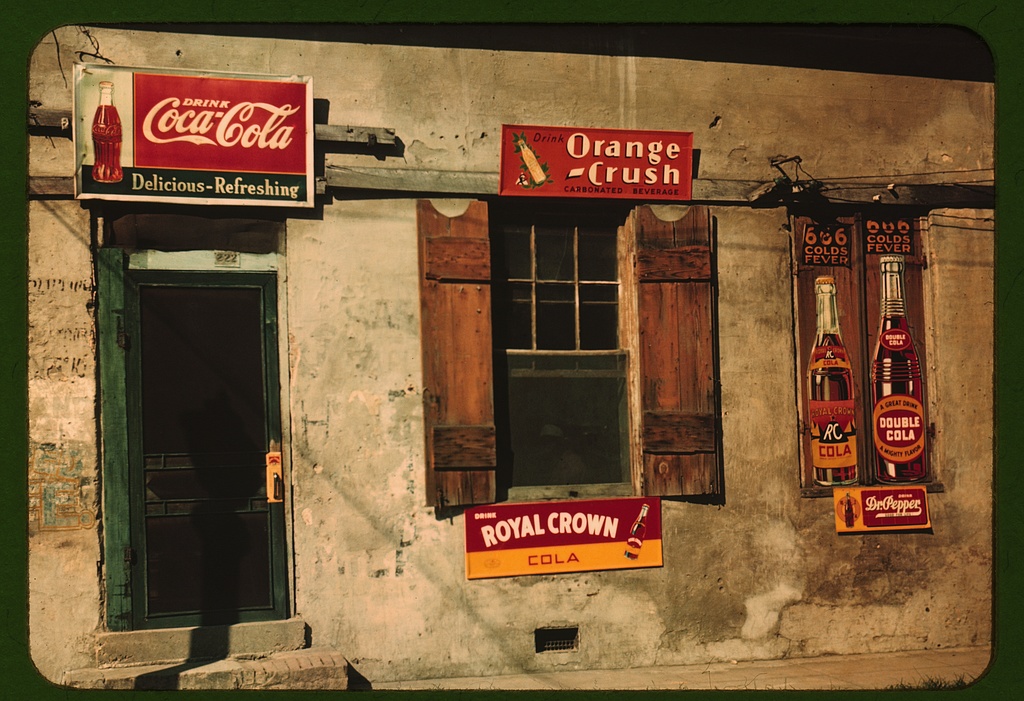
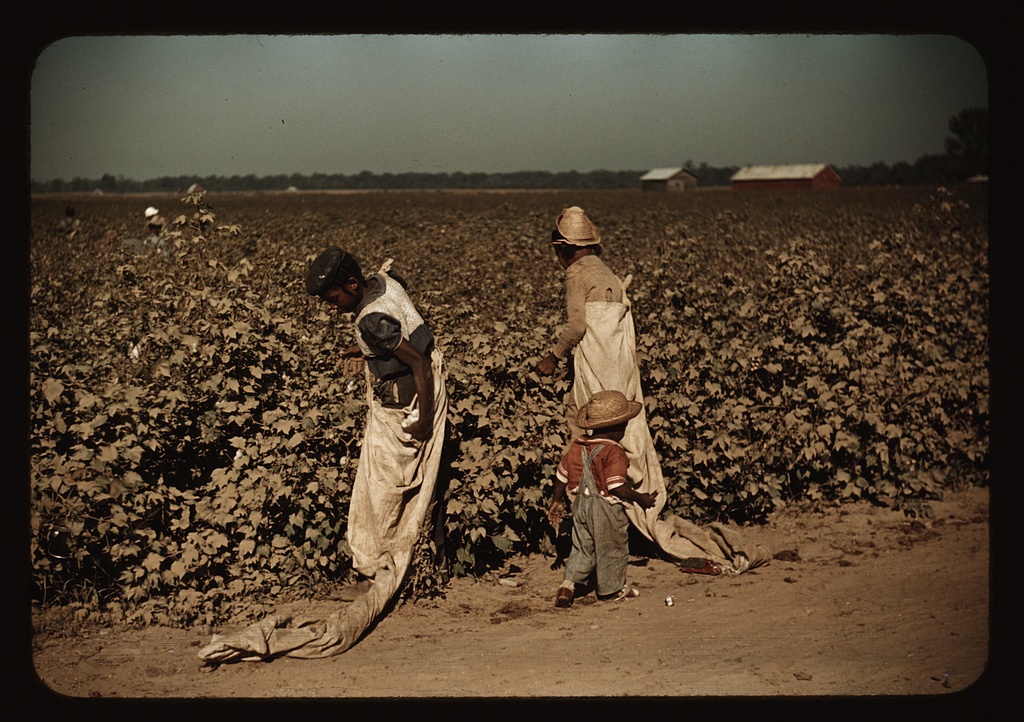
Day laborers picking cotton, near Clarksdale, Miss. – 1939, Nov.
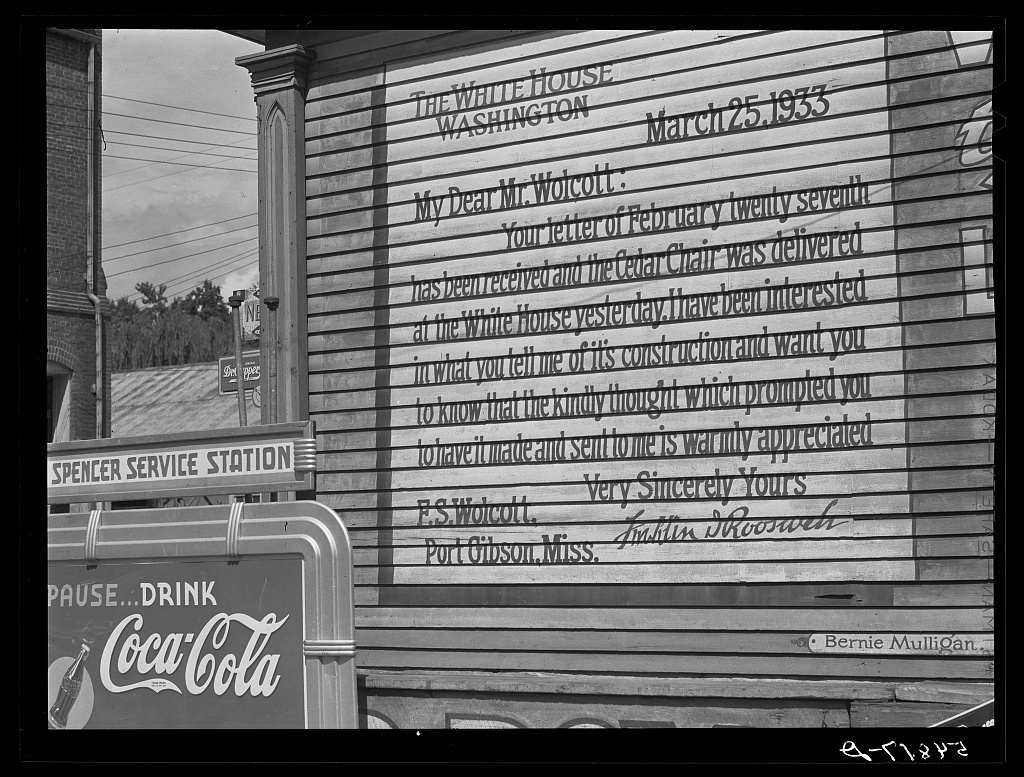
Port Gibson, Mississippi. Facsimile of a letter written by President Roosevelt to a resident painted on the side of a building
1940, Aug.
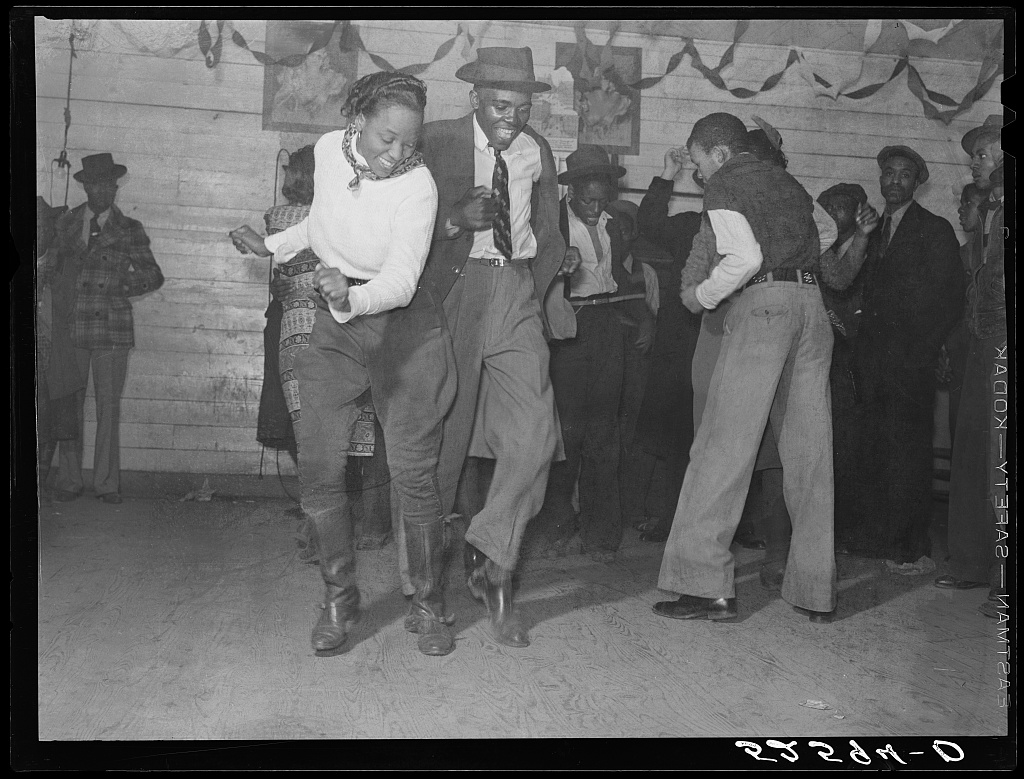
Jitterbugging in the juke joint, Saturday evening, outside Clarksdale, Mississippi – 1939, Nov.
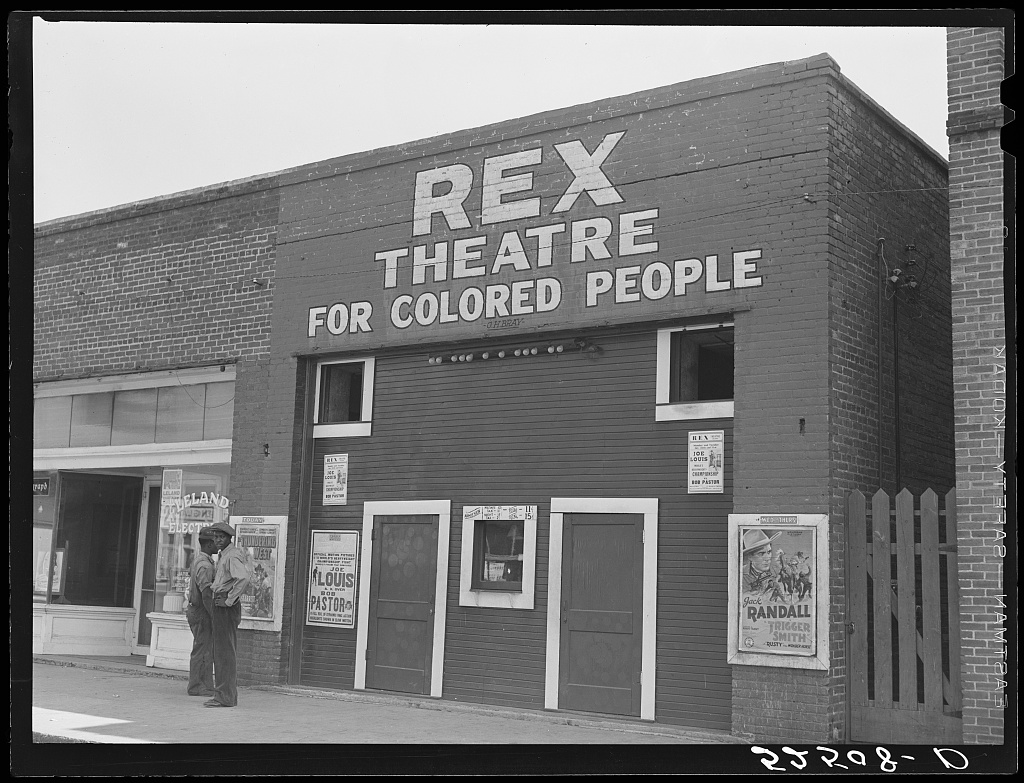
Rex Theatre for colored people. Leland, Mississippi Delta – 1939, Nov.
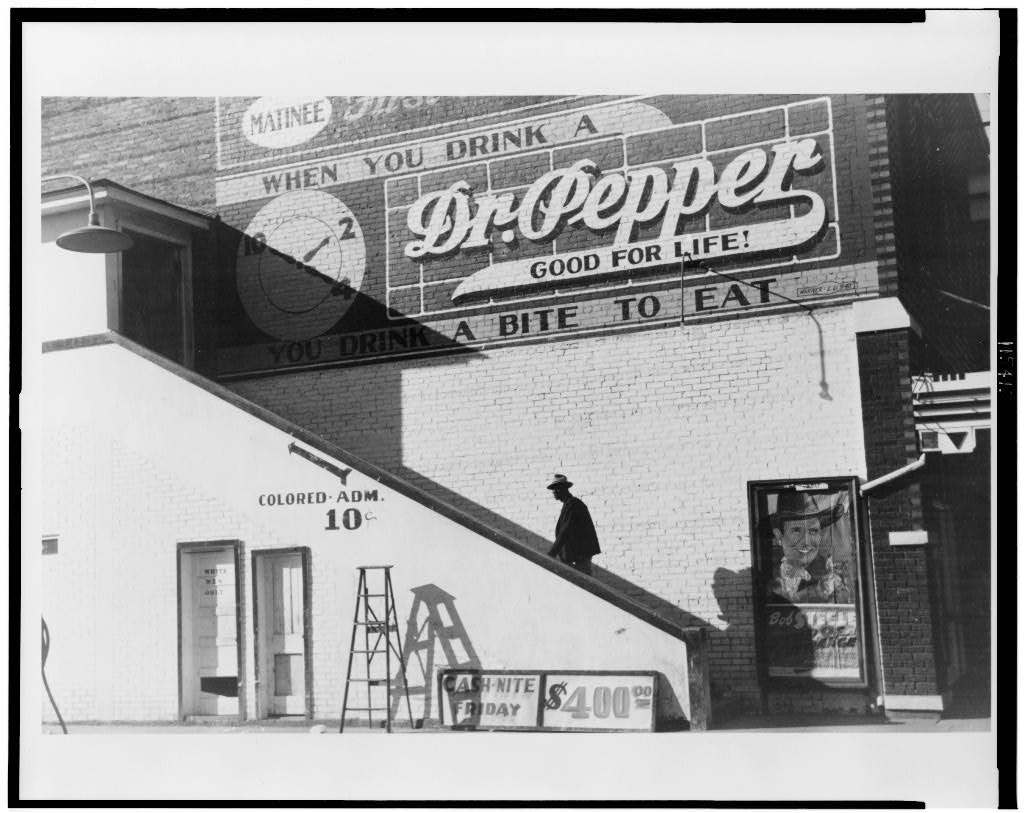
Going in the ‘colored’ entrance of a movie house on Saturday afternoon, Belzoni, Mississippi Delta, Mississippi -1939, Oct
![Itinerant salesman selling goods from his truck to Negroes in center of town on Saturday afternoon. Belzoni, Mississippi Delta, Mississippi] Contributor Names Wolcott, Marion Post, 1910-1990, photographer Created / Published [1939 Oct.](https://flashbak.com/wp-content/uploads/2020/10/Mississippi-Plantation-1930s-1940s-Marion-Post-Walcott-2.jpg)
Itinerant salesman selling goods from his truck to workers in center of town on Saturday afternoon. Belzoni, Mississippi Delta,
– 1939, Oct.
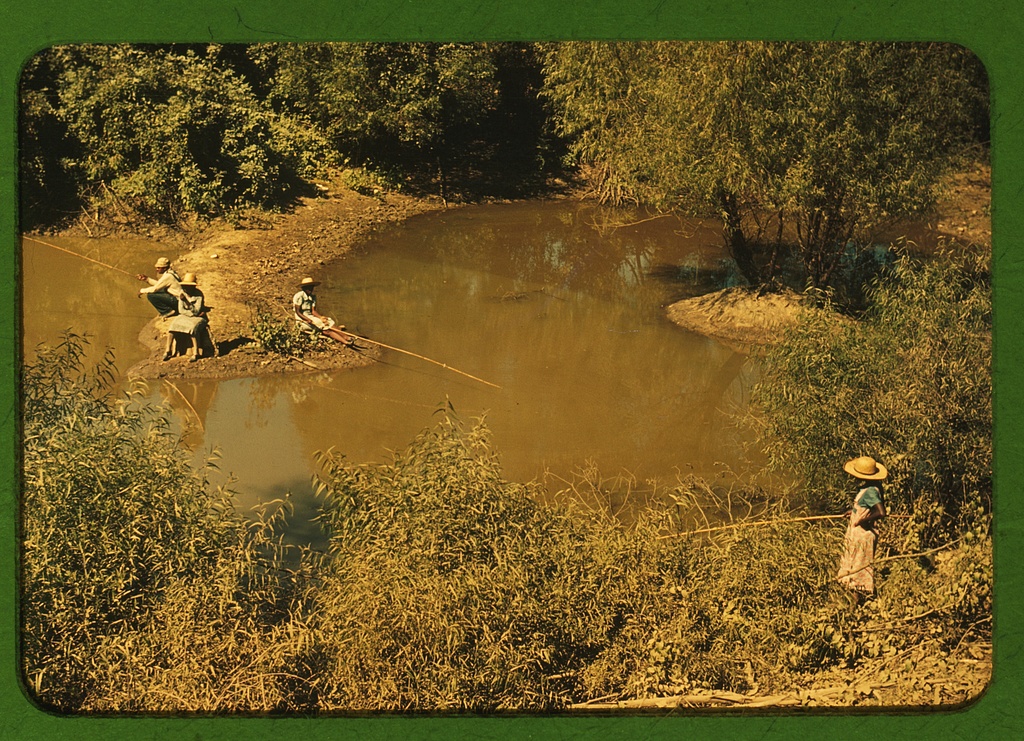
Fishing in a creek near cotton plantations outside Belzoni, Miss. Delta – 1939, Oct.
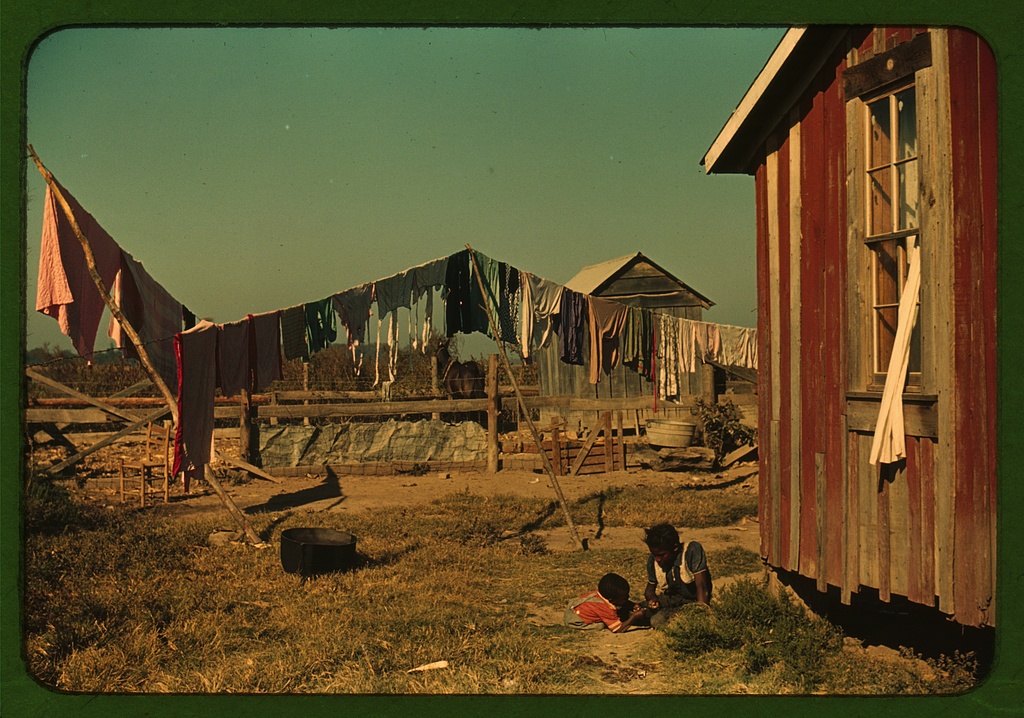
Backyard of a tenant’s home, Marcella Plantation, Mileston, Miss. Delta – 1939, Sept.
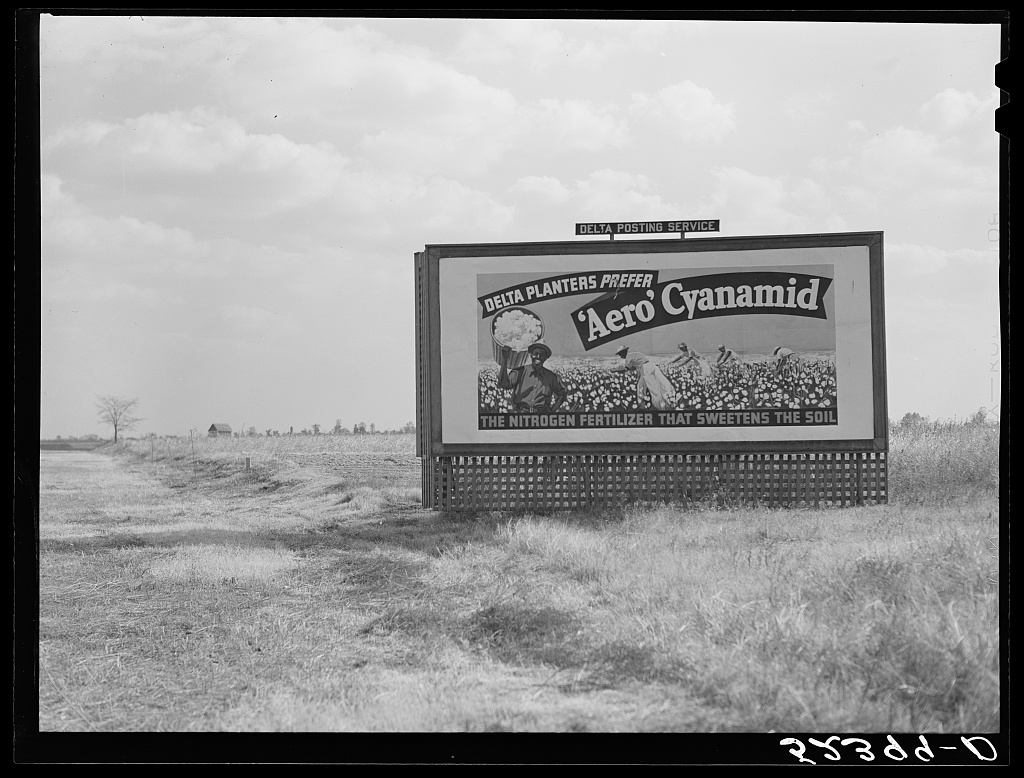
Billboard advertising fertilizer dusted over the cotton fields by aeroplanes. Mississippi Delta – 1939, Oct.
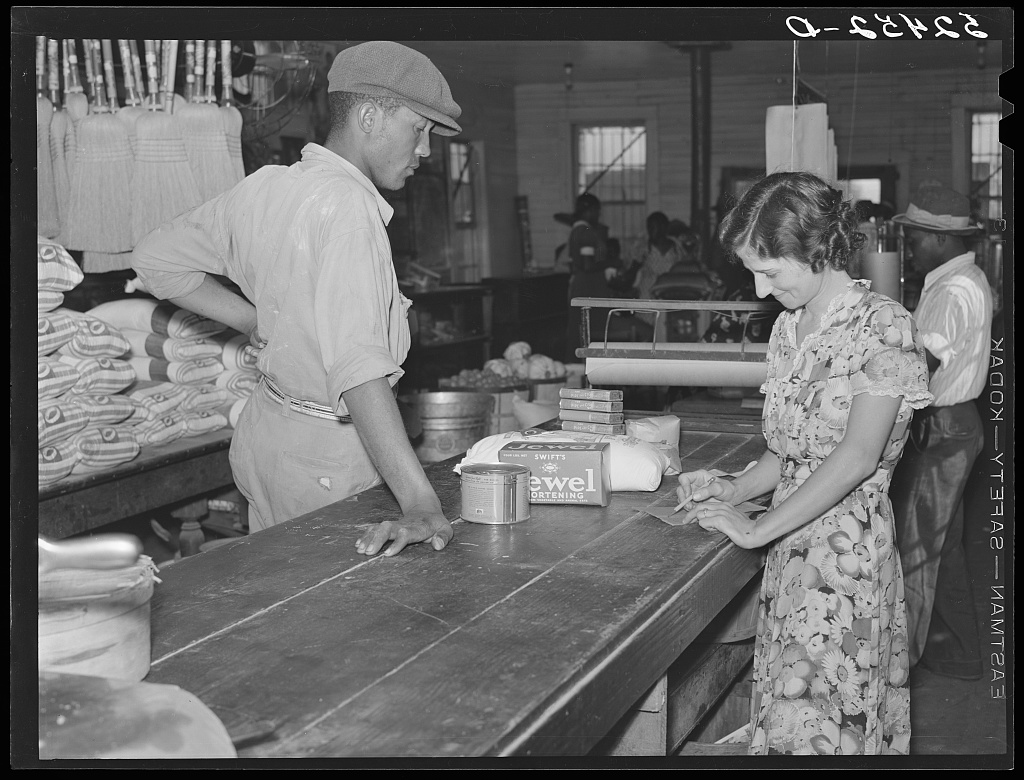
Wagehand purchasing groceries after being paid off on Saturday in plantation store. Mileston Plantation, Mississippi Delta – 1939, Nov.
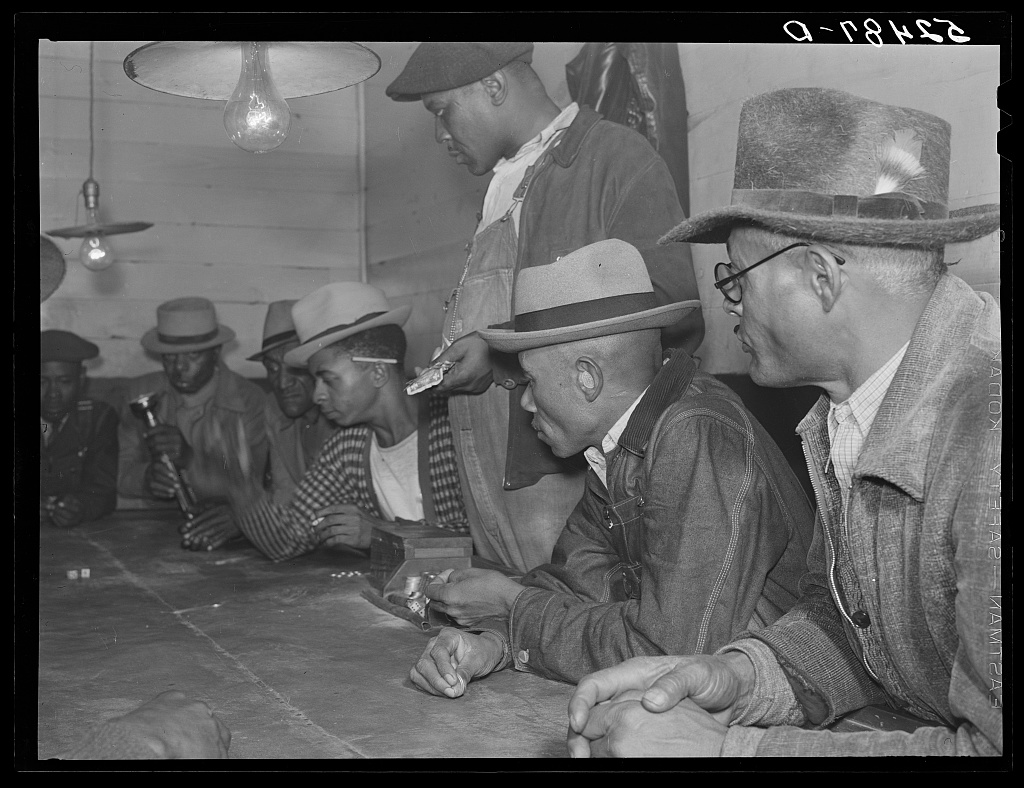
Gambling with their cotton money in a juke joint outside of Clarksdale, Mississippi Delta – 1939, Nov.
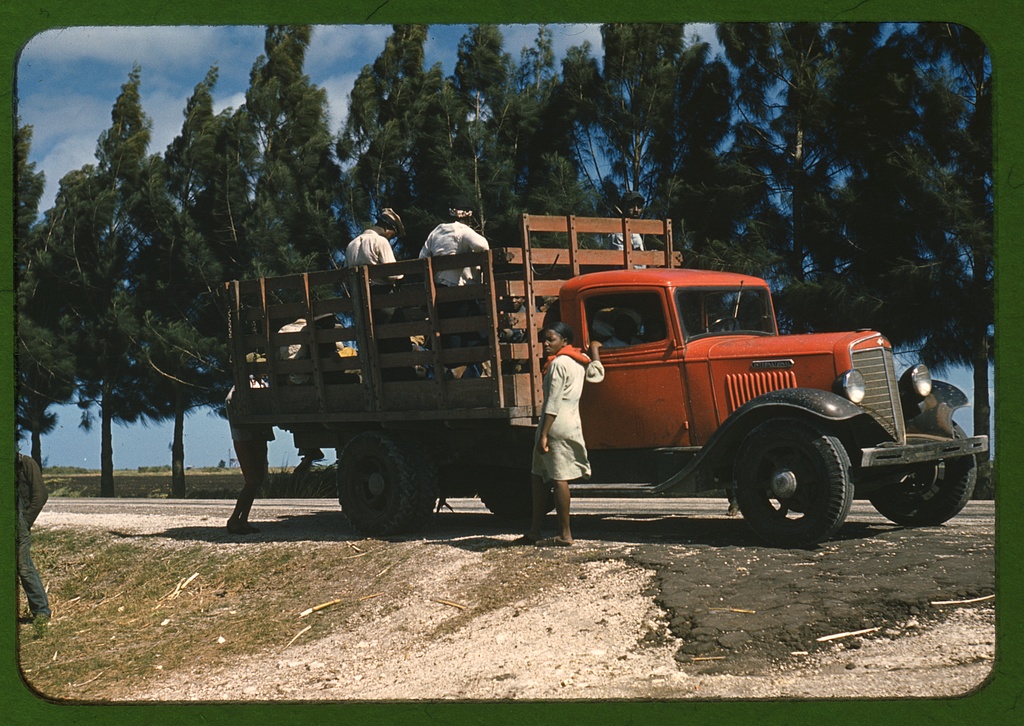
Photograph shows a 1934-1936 International C30 truck transporting people who might be farm workers. ca. 1940
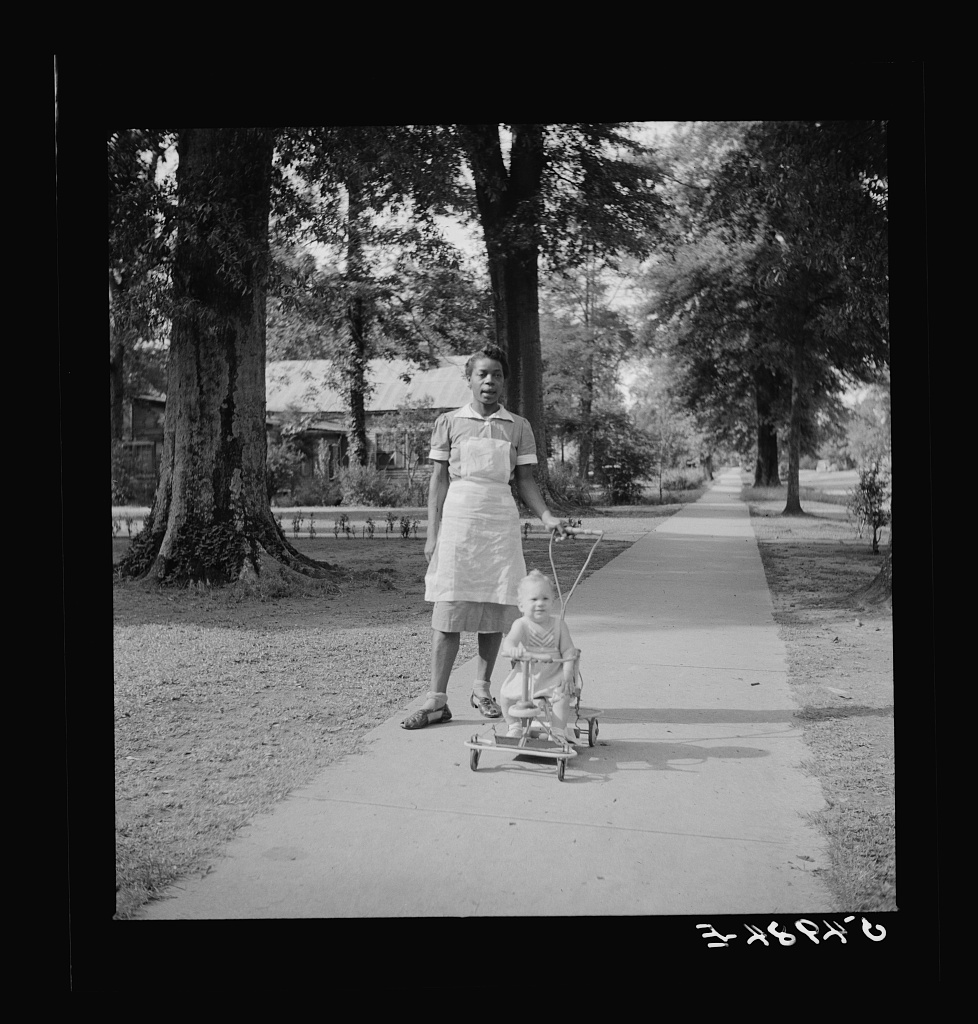
Port Gibson, Mississippi – 1940, Aug.
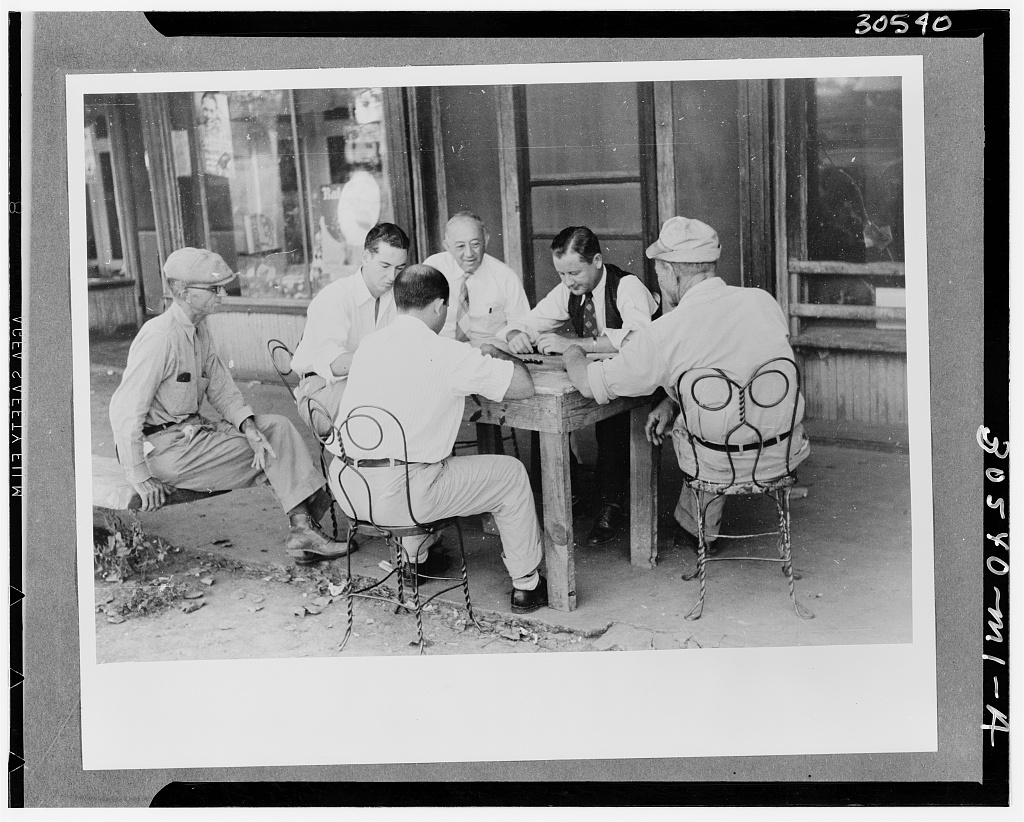
Playing dominoes or cards in front of drug store in center of town in Mississippi Delta, Mississippi – October 1939
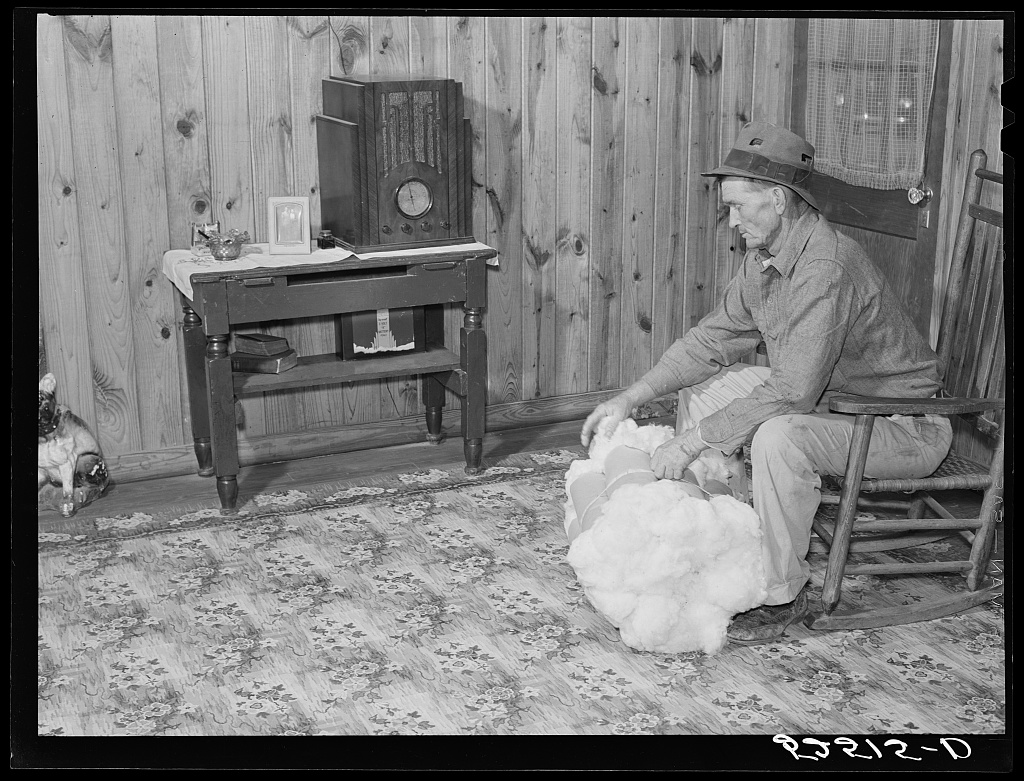
Project farmer with his cotton samples in the living room of his new home. Sunflower Plantations, Merigold, Mississippi Delta
– 1939, Nov.
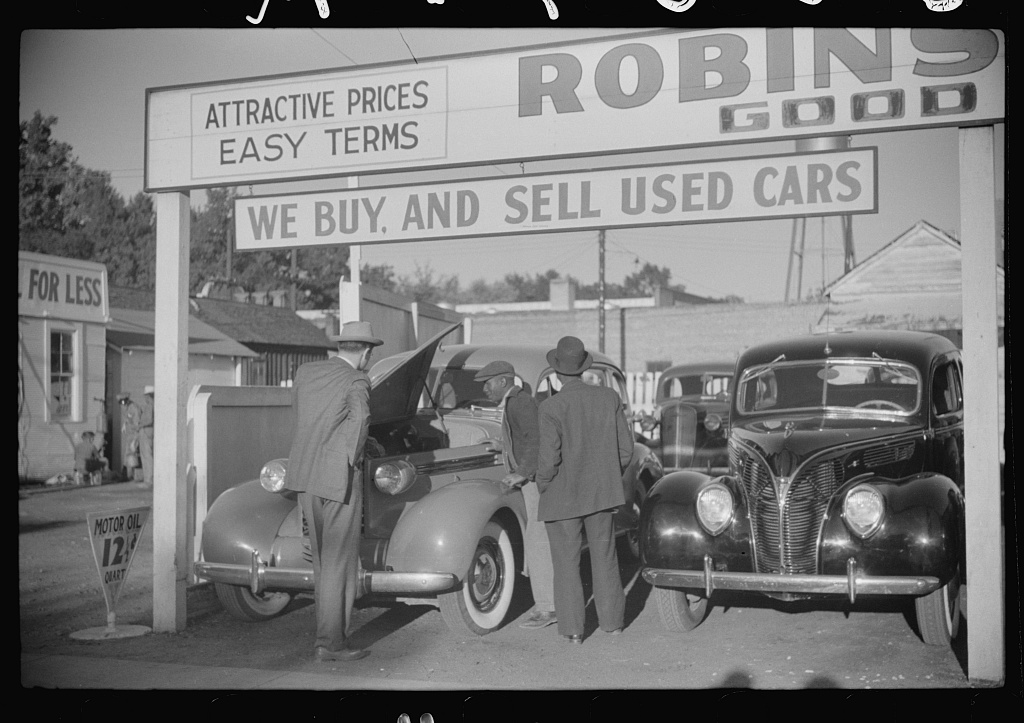
Used car lot, Clarksdale, Mississippi Delta, Mississippi. Big sales go on after cotton picking season to get the money cotton pickers have made. 1939, Oct
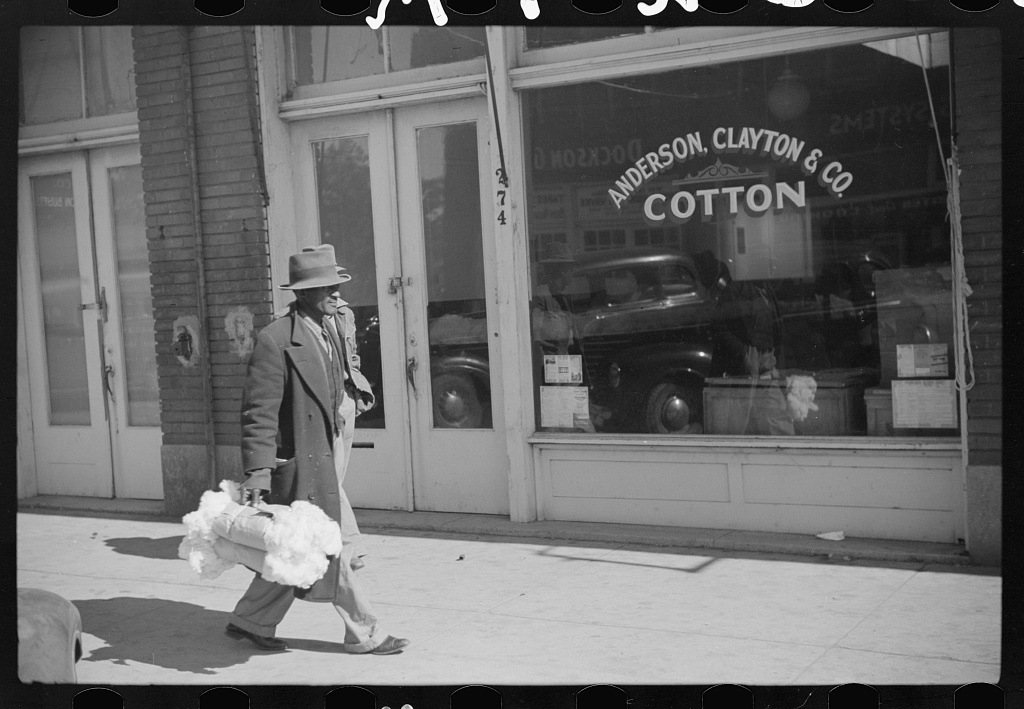
Farmers bring samples of cotton to sell in brokers’ offices. Clarksdale, Mississippi Delta, Mississippi – 1939, Oct
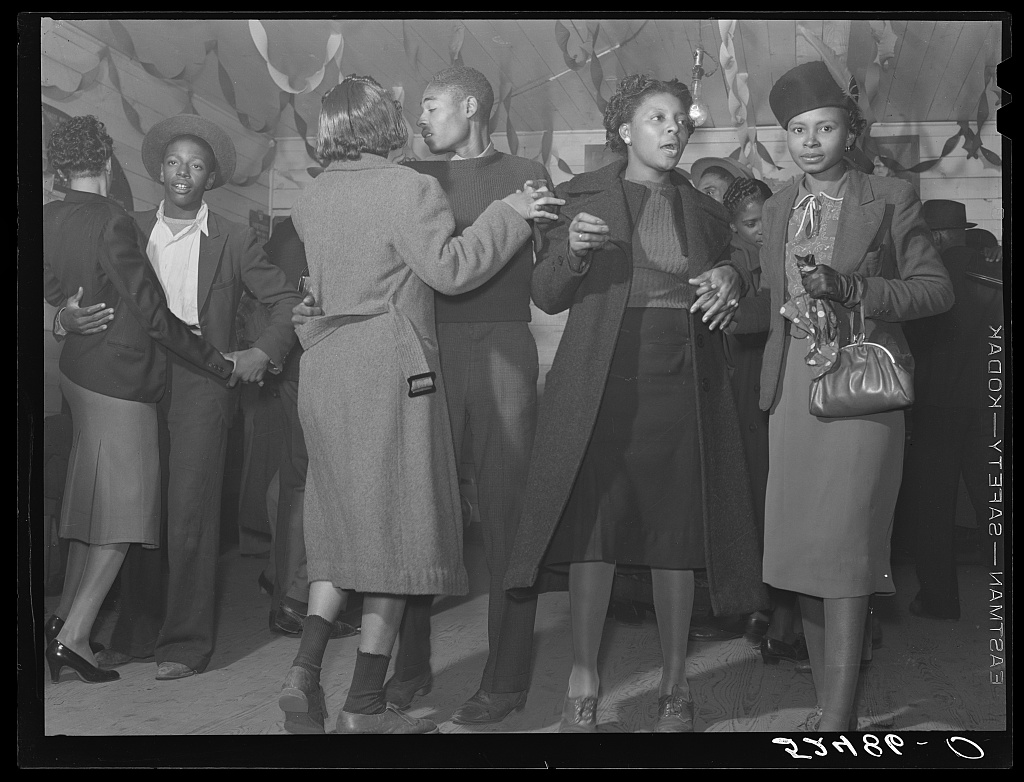
Saturday night juke joint outside of Clarksdale, Mississippi Delta – 1939, Nov.
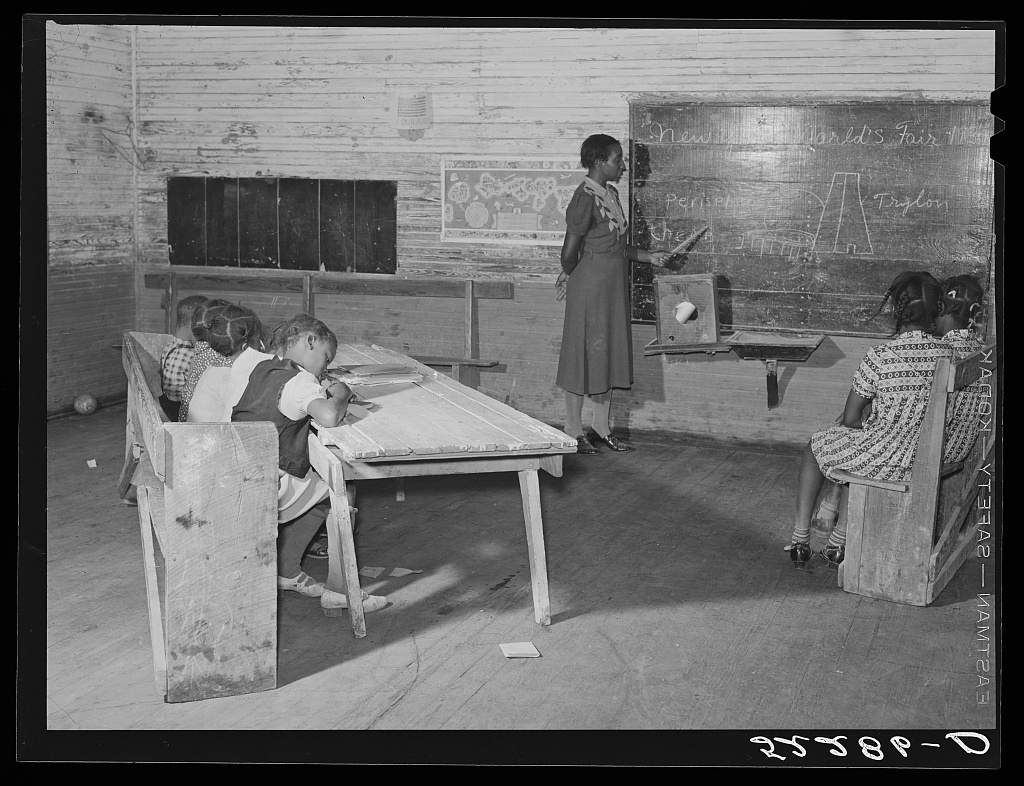
Interior of school on Mileston Plantation. School begins very late in the year and the attendance is poor until December because the children pick cotton. Mileston, Mississippi Delta, Mississippi – 1939, Nov.
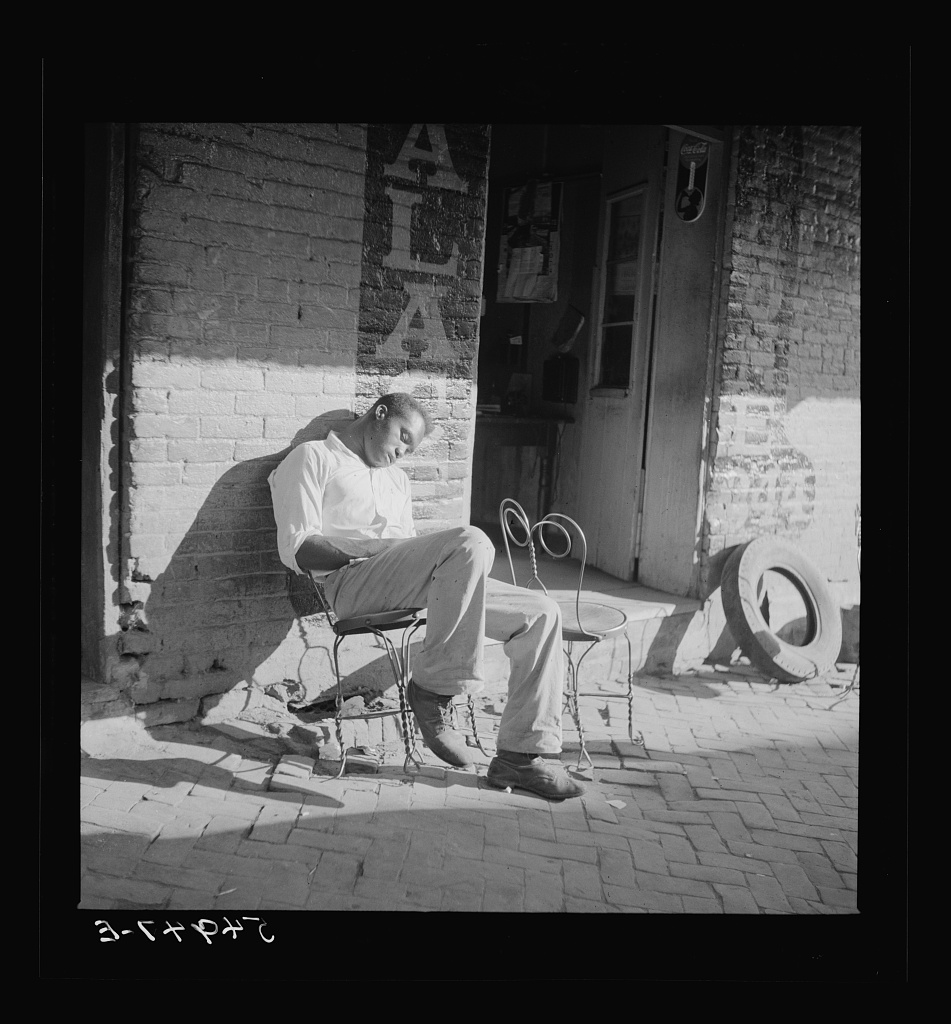
Natchez, Mississippi – 1940, Aug.
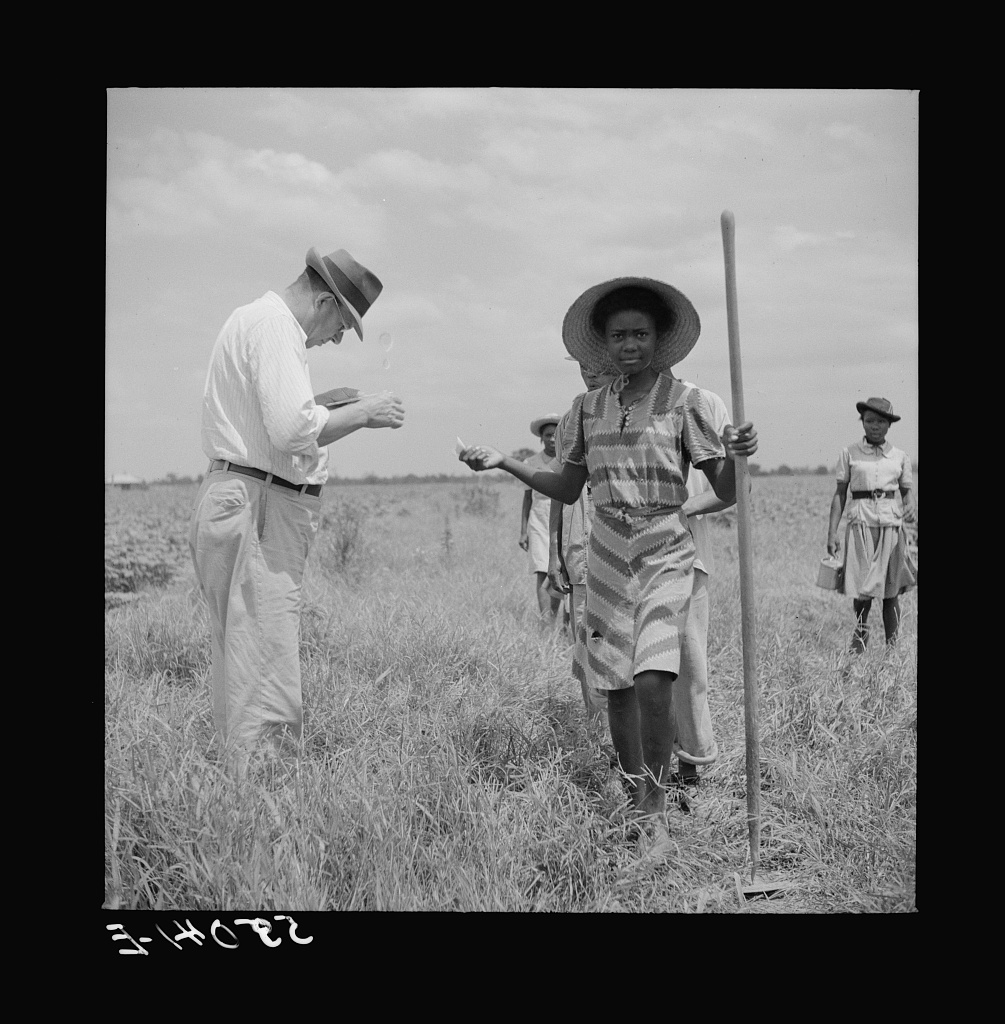
“Day labor is used almost exclusively on Hopson plantation, displacing the old tenants on the place. Cotton choppers are hired in nearby towns for seventy-five cents to one dollar a day and trucked to the plantation. Clarksdale, Mississippi Delta, Mississippi – 1940, Aug.”
![[Untitled photo, possibly related to: King and Anderson Plantation. Clarksdale, Mississippi Delta, Mississippi] Contributor Names Wolcott, Marion Post, 1910-1990, photographer Created / Published 1940 Aug.](https://flashbak.com/wp-content/uploads/2020/10/Mississippi-Plantation-1930s-1940s-Marion-Post-Walcott-32.jpg)
King and Anderson Plantation. Clarksdale, Mississippi Delta, Mississippi –
1940, Aug.
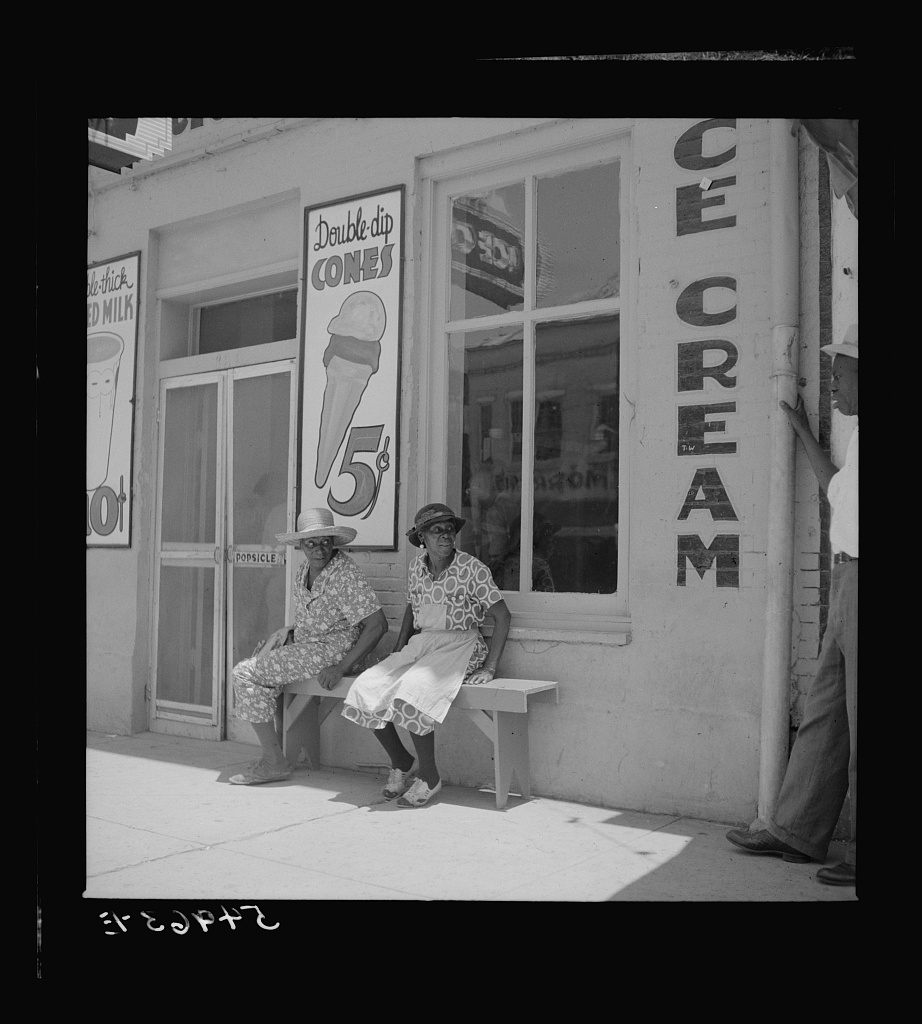
Port Gibson, Mississippi – 1940, Aug.
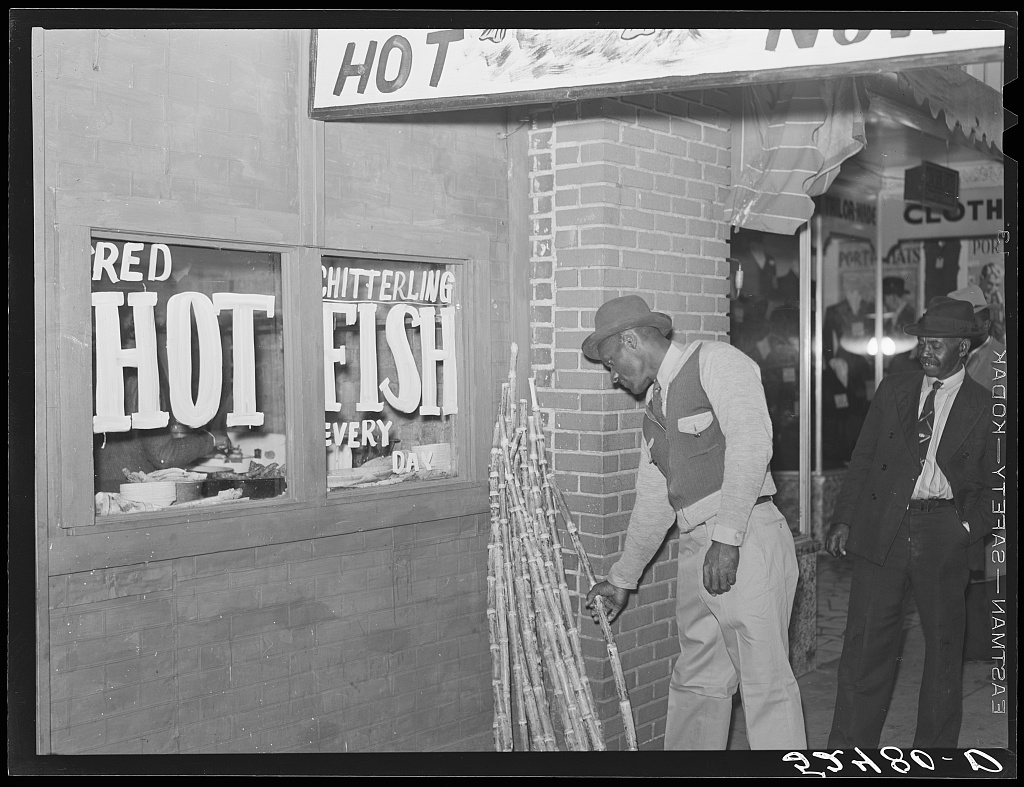
Chitterlings, fish and sugarcane on street in Negro section, Clarksdale, Mississippi Delta, on a Saturday afternoon – 1939 Nov.
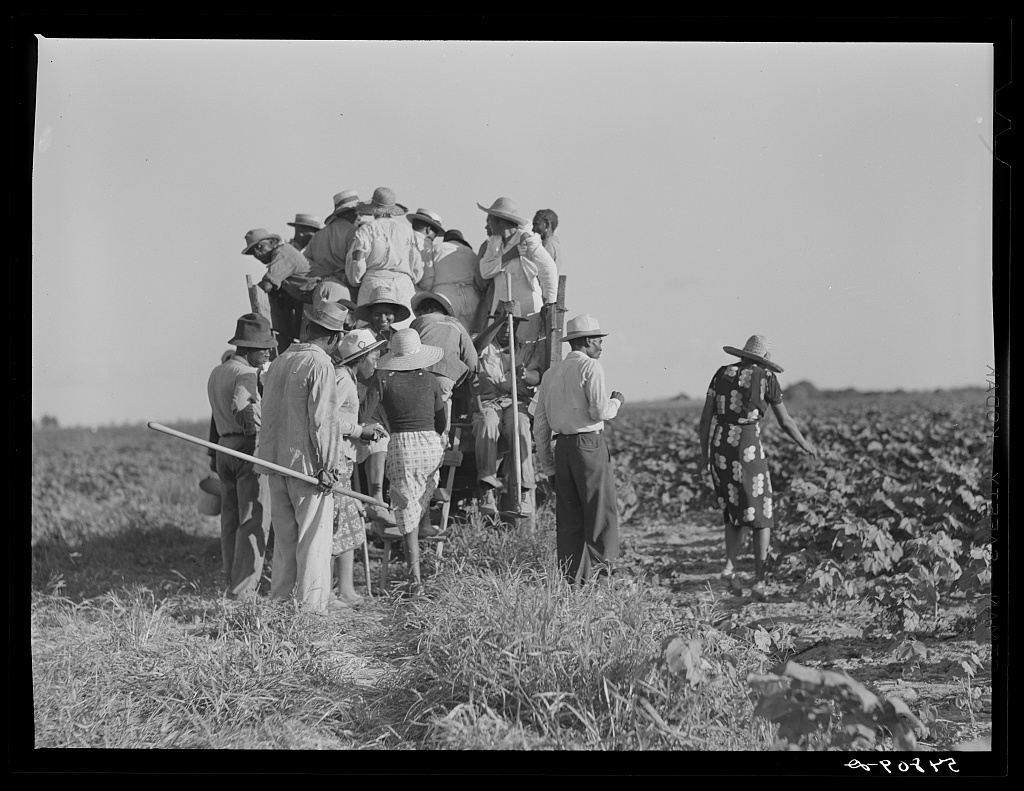
Hopson Plantation, Clarksdale, Mississippi Delta, Mississippi – 1940, Aug.
![Natchez, Mississippi] Contributor Names Wolcott, Marion Post, 1910-1990, photographer Created / Published 1940 Aug.](https://flashbak.com/wp-content/uploads/2020/10/Mississippi-Plantation-1930s-1940s-Marion-Post-Walcott-28.jpg)
Natchez, Mississippi – 1940 Aug.
Lead Image: Living quarters and “juke joint” for migratory workers, a slack season. Photograph shows man standing to left with gun. Signs advertise Ice Cold Jax Ale Beer Stout and Ice Cold Coca Cola.
Would you like to support Flashbak?
Please consider making a donation to our site. We don't want to rely on ads to bring you the best of visual culture. You can also support us by signing up to our Mailing List. And you can also follow us on Facebook, Instagram and Twitter. For great art and culture delivered to your door, visit our shop.

